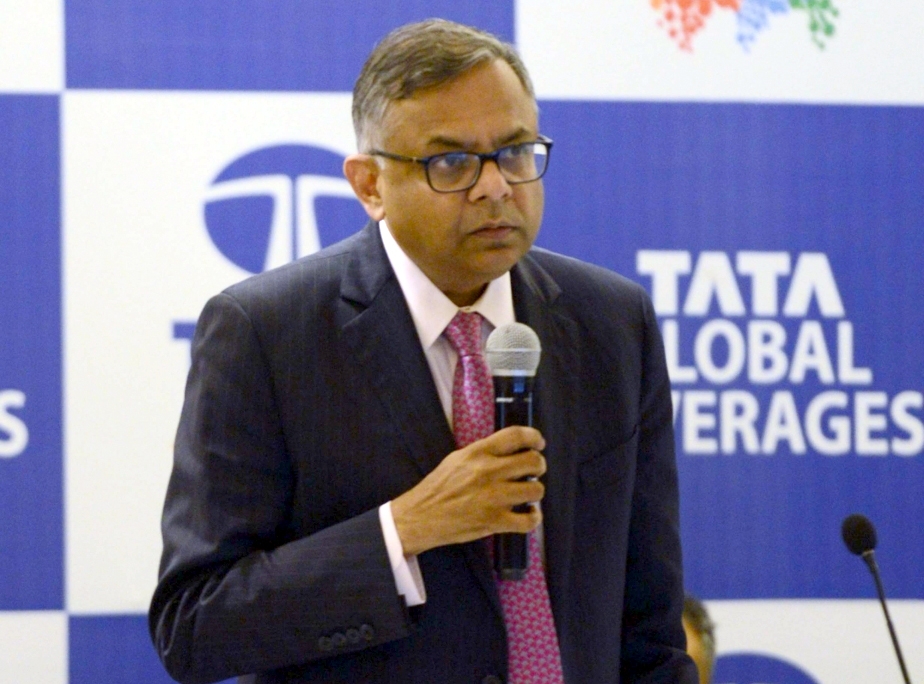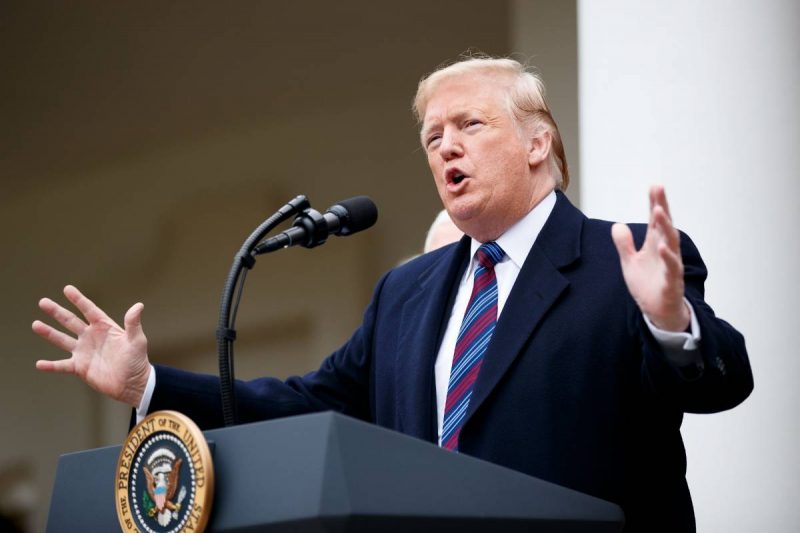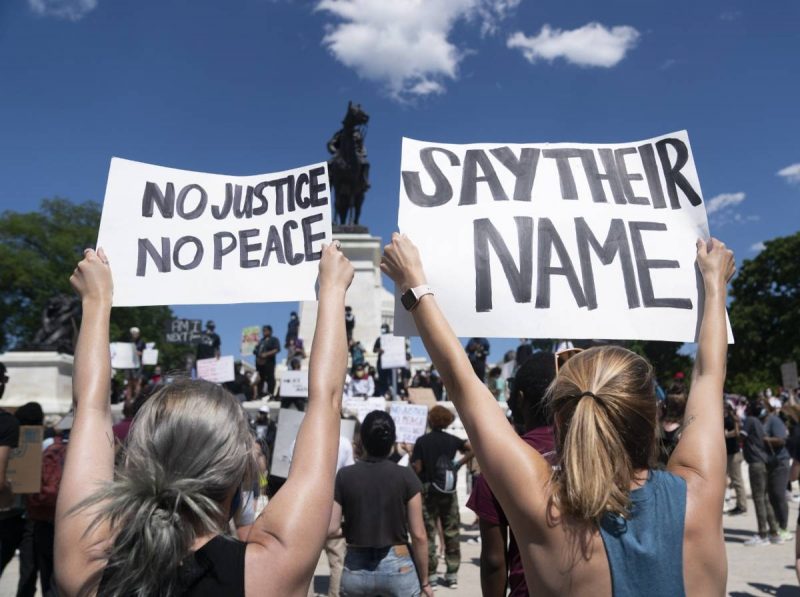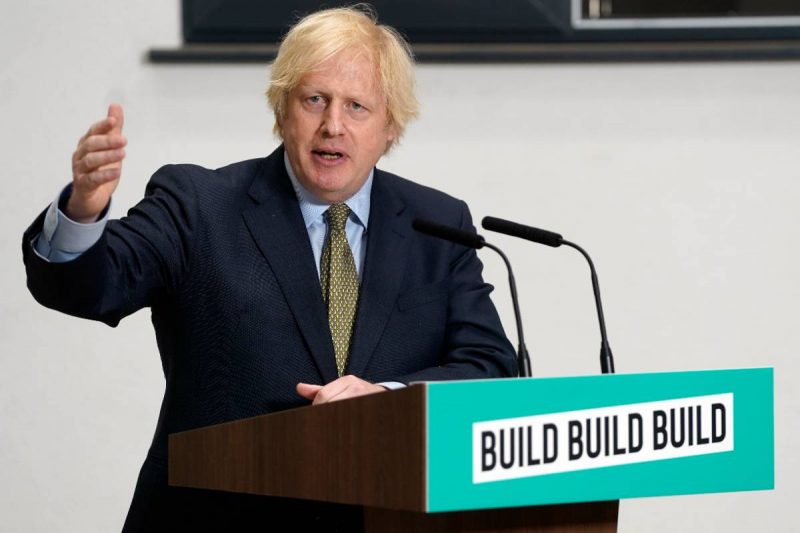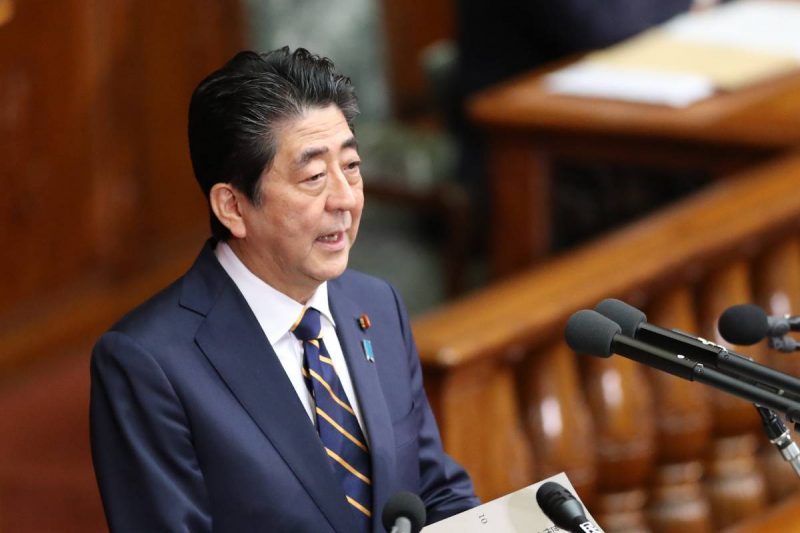Around the same time that Turkey was converting the historic Chora church of Istanbul into a mosque, Pakistan demolished an old Hanuman temple in Lyari, Karachi. Also demolished were the homes of about 20 Hindu families that lived near the temple…writes Rahul Kumar
After Hindus from the locality gathered around the rubble of the ancient temple and protested, police made investigations and sealed the area. Pakistani newspaper, The Express Tribune reported that Lyari’s Assistant Commissioner Abdul Karim Memon has ordered a probe against the builder who has demolished the temple.
Locals said that a builder had allegedly purchased the land around the temple and wanted to build a residential complex. Though he had promised the Hindus that the temple would not be touched, he demolished the temple and Hindu homes amid a coronavirus induced lockdown.
Mohammad Irshad Baloch, a local, told The Express Tribune: “It is an injustice as a place of worship has been destroyed. It was an old temple. We have been seeing it since we were children.”
https://www.youtube.com/watch?v=bksUY3G3Y2o
Another resident, Harsh said: “No one was allowed to visit the temple during the lockdown. He (the builder) exploited the situation (of the pandemic) and demolished our place of worship while we could not visit it”, and demanded that the temple be restored. He added that the families living around it were even assured of alternative housing.
Mohan Lal, a Hindu activist, accused the builder of threatening members of the minority community who had assembled at the site and highlighted the temple’s demolition. “We tried to enter the temple but were denied entry by the builder,” he narrated.
Interestingly, the South Deputy Commissioner Irshad Ahmed Sodhar told The Express Tribune that there had been two temples earlier, but one had been removed earlier. Promising justice, Sodhar said: “A committee will be formed for the purpose, including an archaeologist, and the probe will be completed within seven days. We will ensure that everyone will get justice.”
Brick by brick, Pakistan has been getting rid of its Hindu heritage. Its Hindu minority – a handful in number, lies battered in a few pockets under the fear of conversions and kidnappings of women. With every passing year, the numbers have been dwindling.
https://twitter.com/EkamSin84132468/status/1296645113175781384
Since the partition of India in 1947, Pakistan has made vigorous efforts to shake off thousands of years of rich Hindu, Jain and Buddhist history that dominated the region before Islam took roots as Haroon Khalid writes in this baleful feature, “How archaeology in Pakistan is forced to deny the nation’s Hindu past”. Even hard evidence in the form of archaeology is made evasive and forced to twist in deference to Islam.
The governments have been reluctant to accept the nation’s non-Islamic heritage which keeps propping up every now and then. Just last year during excavations, which had been stopped for a considerable number of years, Hindu statues and artefacts were discovered near the 1,500-year-old Panchmukhi Hanuman Mandir in Karachi.
The search for a Muslim identity or an Islamic civilization in the land of the pure is akin to the quest for the holy grail. Unfortunately, the past – whether in the culture, the language or the history always takes a u-turn and brings back the seekers to its ancient roots – of a Hindu civilization which stood long and well-entrenched with built heritage of temples going back 1,500 years.

The frustration has developed into resistance towards acceptance and cherishing of a minority culture and its symbols. This hate has spread across the land. It is not confined to a handful of regions or people. The poison against minorities, particularly Hindus, has seeped deep into the society. Since separation from India, hundreds of Pakistan temples have quietly disappeared and many have morphed into shops, mosques and other buildings. The efforts to erase the past have been vociferous.
Demolition and conversion of minority places of worship is not new in Pakistan. Almost every month there is a new controversy – a temple razed to the ground or converted into a mosque. Rewind to June when Prime Minister Imran Khan wanted to prove his secular credentials and allotted money to build a Krishna temple in Islamabad, but the boundary wall of the temple was demolished within days.
However, on the other side, there have been some noteworthy examples, where Pakistanis have taken the efforts to document their heritage. A few years back, Karachi-based journalist and author Reema Abbasi, painstakingly brought out a well-researched book, “Historic Temples in Pakistan: A Call to Conscience”, with amazing photographs of Pakistani temples.
 Once in a rare while, even the government has taken steps to give the temples, and also the minorities, the recognition they deserve. There was much celebration and cheer when the Imran Khan government opened up a historic Hindu temple in Sialkot for worship after 72 years. However, such examples are few and far between for a country where the number of temples has come down from well over 400 to a dozen in barely 70 years.
Once in a rare while, even the government has taken steps to give the temples, and also the minorities, the recognition they deserve. There was much celebration and cheer when the Imran Khan government opened up a historic Hindu temple in Sialkot for worship after 72 years. However, such examples are few and far between for a country where the number of temples has come down from well over 400 to a dozen in barely 70 years.
For the moment, Pakistan seems to be basking in the reflected glory of a new-found and diabolical friend Turkey. Both have made converting minority religions places into mosques a pastime. Turkey has converted two historical churches into mosques while the Pakistanis have demolished two temples during the same time.
Nevertheless, the 73-odd-year old Pakistan might it difficult to shake off a 5,000-year-old history that lies prolifically scattered across the length and breadth of the country.



